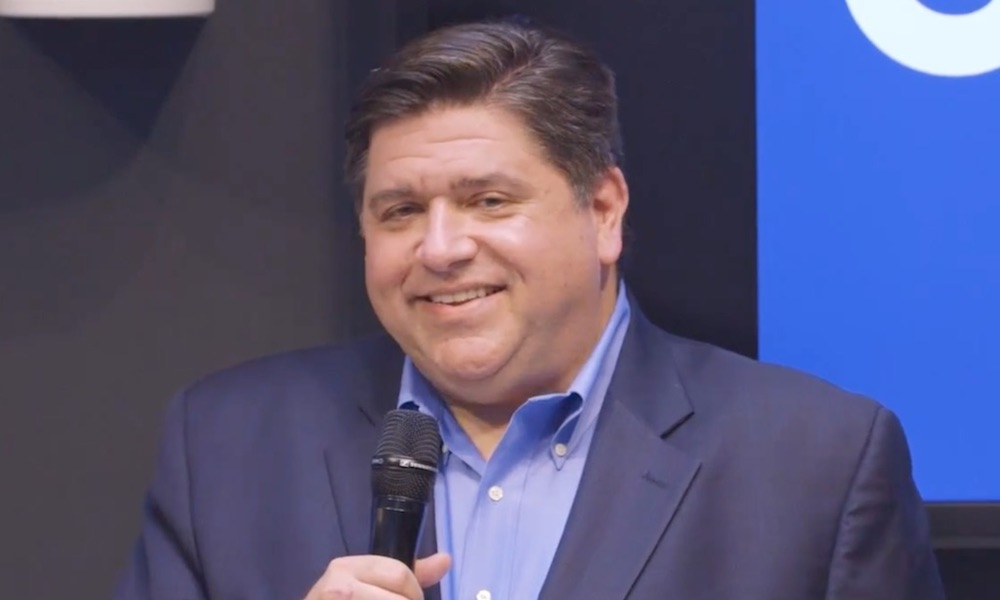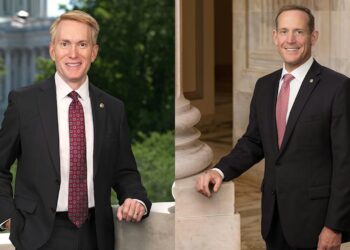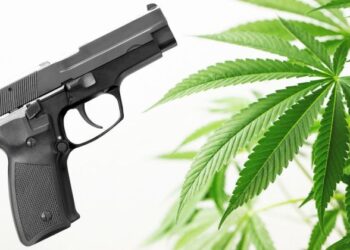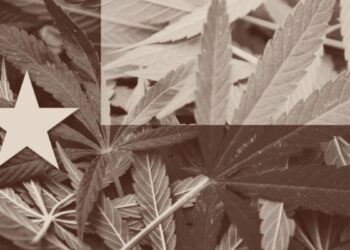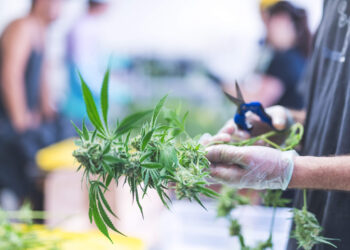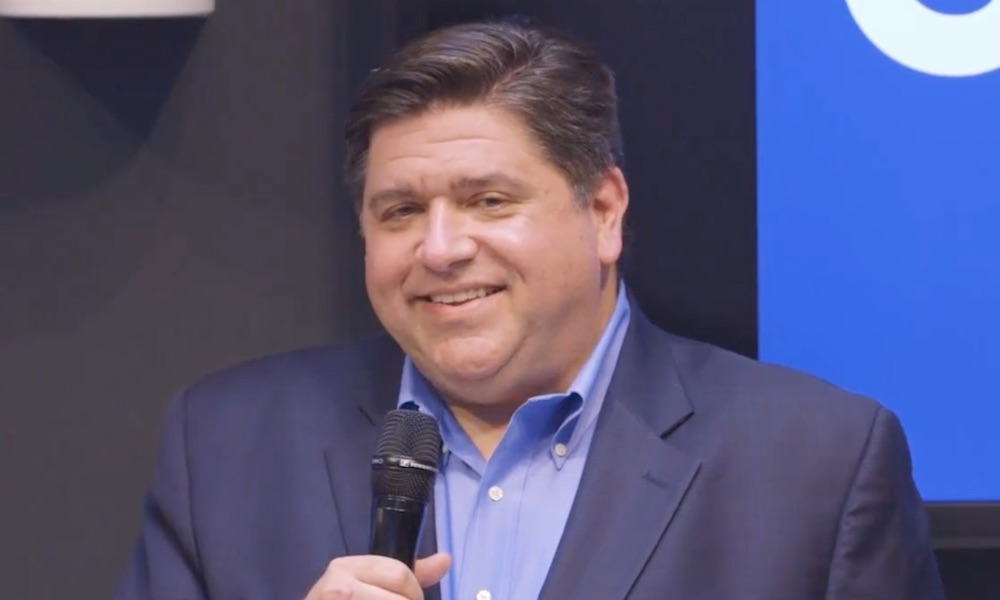
Illinois Governor-elect J.B. Pritzker plans to push for the legalization of recreational marijuana early in his term, he said on Wednesday. Pritzker, a Democrat, defeated incumbent Republican Gov. Bruce Rauner by a margin of 15 percentage points in Tuesday’s midterm elections. During the campaign, Pritzker had argued that cannabis legalization could bring the state needed revenue and address the racial injustice prevalent in the enforcement of drug laws.
Pritzker said in a television news interview that a legal cannabis industry will bring new employment opportunities in addition to taxes for the state and local governments.
“We have an opportunity here in Illinois to bring $700 million in revenue to the state, to create jobs across the state—dispensaries, production facilities,” Pritzker said.
Legislative Action Needed
The governor-elect told the Chicago Sun-Times that he expected work on a legalization bill to begin soon.
“It’s up to the Legislature when the public hearings will be but I’ve already had conversations over the course of the campaign,” Pritzker said. “We’ll restart those conversations with the leaders in both houses, on both Republican and Democratic sides about our priorities, which will include legalization. I would guess that there will be discussion about it during this first session.”
Pritzker said that he believes the legislature’s cannabis legalization plan should include provisions for the expungement of marijuana offenses from criminal records.
“I definitely want to look at all those arrest records. If we’re going to legalize recreational marijuana, then we shouldn’t have all the, what I think are, challenges in our criminal justice system, you know, still existing, people sitting in prison for things that are currently legal,” Pritzker said.
Juliana Stratton, the Illinois Lieutenant Governor-elect, agrees with Pritzker on expungement. But she also believes that the creation of a regulated cannabis industry should include measures to ensure that communities of color also benefit from legal pot.
“In addition to looking at the criminal records and making sure that those can be freed up upon legalizing recreational cannabis, the other thing that we’ve also looked at is making sure that those same communities that have been disproportionately affected by the War on Drugs can also have economic opportunities in this industry,” said Stratton.
Illinois Is Not Alone
Illinois isn’t the only jurisdiction that may see a jumpstart to cannabis legalization efforts after this week’s midterm elections. After being elected to a second term in Tuesday’s election, Mayor Muriel E. Bowser of Washington, D.C also announced on Wednesday that she will seek to legalize the sale of recreational cannabis next year. Bowser said she plans to introduce a legalization measure to city council early in her new term.
“We have an untenable situation in the District,” Bowser said. “As long as we have the ability to possess marijuana, which is our law, we also need the ability to procure marijuana legally, which we don’t have now.”
Voters in Washington, D.C. legalized possession, use, and cultivation of recreational cannabis in 2014, but Republican leaders have obstructed the creation of a system to regulate and tax retail cannabis with budget restrictions that prohibit city leaders from spending money on the process.

